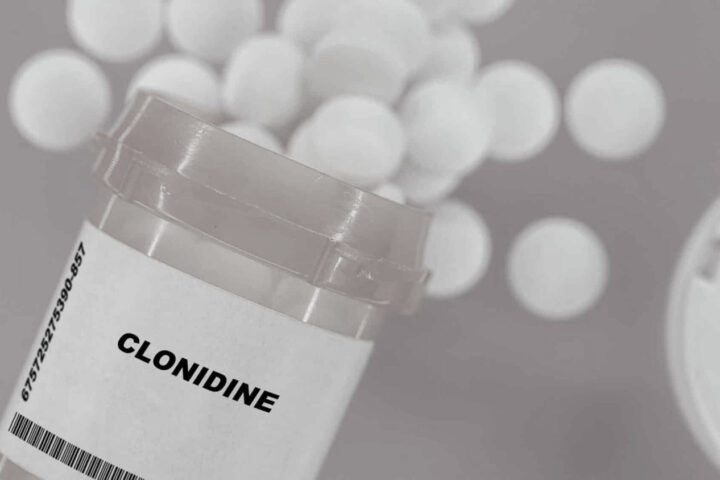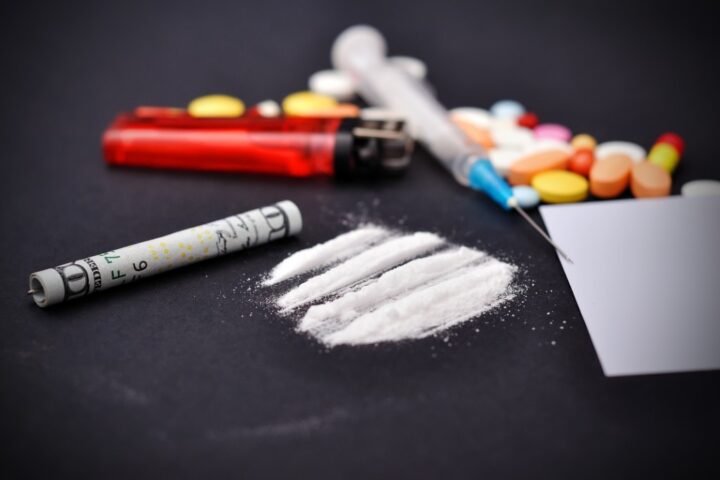Living with an addiction can be challenging. When it is coupled with another mental health disorder, the path to recovery can seem even more daunting. You’re not alone, and understanding your situation is the first step to finding the best treatment that will work for you.
Ann Dowsett Johnston’s perspective on addiction aligns closely with that of Changes Rehab. As per her approach, addiction should not be seen as a disease but as a complex interplay of genetic, environmental, and personal factors. This perspective allows you to address the root cause of your addiction rather than merely its symptoms, leading to more sustainable recovery.
Your Path to Understanding and Managing Co-occurring Disorders
Frequently asked questions often highlight the general concerns individuals have about dual diagnosis. By answering these, Changes Rehab hopes to guide you better through your recovery process.
- What is a co-occurring disorder? Co-occurring disorder, or dual diagnosis, is when someone experiences a mental health disorder and a substance use disorder simultaneously.
- How common are co-occurring disorders? Studies suggest that many people who struggle with addiction are also diagnosed with mental disorders and vice versa.
- How are co-occurring disorders diagnosed? Diagnosing co-occurring disorders involves a comprehensive assessment of symptoms, history of substance use, and psychological evaluations.
- Does treating one disorder cure the other? Not necessarily. Co-occurring disorders are best treated concurrently, focusing on both addiction and the mental health disorder.
- How does Changes Rehab approach co-occurring disorders? Changes Rehab uses a patient-centered approach, prioritizing the needs of the individual. The multidisciplinary team collaborates to ensure all aspects of your health are addressed.
- How effective is dual diagnosis treatment? Dual diagnosis treatment is considered highly effective because it addresses both disorders, reducing the risk of relapse.
- Can I be treated for a dual diagnosis at an outpatient facility? Absolutely. Changes Rehab offers both outpatient and inpatient services to cater to diverse needs.
- Will my family be involved in the treatment process? Family involvement can be a vital part of recovery. Changes Rehab can guide your family in understanding how to best support you.
- What happens after I finish my treatment program? Changes Rehab will develop an aftercare plan, including ongoing therapy, support groups, and resources to aid your recovery.
- What if I relapse? Relapse does not mean failure. Changes Rehab sees it as part of the recovery journey and will work with you to get back on track.
Remember, managing co-occurring disorders is not just about abstinence, but about understanding and addressing your mental health needs alongside your addiction. By focusing on these aspects, you’re on the right path towards a more balanced life. It’s a journey of self-discovery and healing, and Changes Rehab is ready to walk alongside you on this path.
Your Journey to Manage Co-occurring Disorders in Addiction and Dual Diagnosis: A Step-By-Step Guide
Step 1: Acknowledge the Issue Acknowledging that you’re facing multiple issues can be tough but it’s the first step towards your healing journey. Understanding that addiction and mental health disorders are intertwined in your life is critical to address them effectively.
Step 2: Seek Professional Help The next step is to reach out to a professional, such as those at Changes Rehab. It’s important to find a treatment center experienced in dealing with co-occurring disorders.
Step 3: Diagnosis Through a series of evaluations and tests, your care provider will assess your condition. They’ll diagnose not only your substance use disorder, but also any potential mental health disorders.
Step 4: Treatment Planning After the diagnosis, you and your healthcare team will collaboratively develop a treatment plan. This will be tailored to your unique needs, targeting both your addiction and any co-occurring mental health disorders.
Step 5: Engage in Therapy Your treatment plan will likely include different types of therapy. Cognitive-behavioral therapy, group therapy, and family therapy are common. These therapeutic approaches can help you understand your triggers and develop healthier coping mechanisms.
Step 6: Medication Management If necessary, your healthcare team might suggest certain medications to manage symptoms of your mental health disorder or to assist with the addiction recovery process.
Step 7: Skill Building You’ll also work on building skills to maintain sobriety and manage your mental health. These could include stress management techniques, problem-solving strategies, and methods to improve communication.
Step 8: Ongoing Support Support groups can be very helpful. Surrounding yourself with people who understand your struggles can provide emotional support and practical advice.
Step 9: Aftercare Planning Before you finish your primary treatment program, you’ll work with your care team to create an aftercare plan. This will involve ongoing support to maintain your progress and prevent relapse.
Step 10: Be Kind to Yourself Remember, recovery is not a linear process. There will be challenges and setbacks. The key is to remain patient with yourself, keep trying, and celebrate your victories along the way.
Addressing co-occurring disorders in addiction and dual diagnosis can look different for everyone, as the combination of conditions varies. Let’s look at a couple of South African examples that might give you an idea of how this works in a practical setting.
Example 1: Alcohol Addiction and Depression
Let’s take the case of Sipho, a 35-year-old man from Johannesburg. Sipho had been struggling with depression for many years and began to self-medicate with alcohol. This unfortunately led to a dependence on alcohol. He sought help at a local South African rehab facility, Changes Rehab, that specializes in treating co-occurring disorders.
The treatment team at Changes Rehab worked with Sipho to create a personalized treatment plan. They employed cognitive-behavioral therapy to address both his alcohol dependence and depression. Sipho also participated in group therapy sessions, where he could share his experiences and learn from others facing similar struggles.
As part of his recovery, Sipho learned coping strategies to manage depressive symptoms and reduce his reliance on alcohol. This included regular exercise, keeping a journal, and attending a local support group. He also learned to lean on his friends and family for support.
Example 2: Methamphetamine Addiction and Anxiety Disorder
Meet Naledi, a 28-year-old woman from Cape Town who developed anxiety disorder. As a way of coping, she started using methamphetamines. The drug use escalated until it became a significant problem in her life.
After reaching out to Changes Rehab, she underwent a comprehensive assessment that identified both her methamphetamine addiction and her anxiety disorder. Naledi’s treatment plan included cognitive-behavioral therapy sessions to address her fears and reduce her drug cravings.
As part of her skill-building phase, Naledi learned relaxation techniques, such as deep-breathing exercises and mindfulness, to better manage her anxiety. Her aftercare plan included attending local NA (Narcotics Anonymous) meetings and regularly checking in with her therapist.
By engaging with a comprehensive treatment program that acknowledges both your addiction and any co-occurring mental health disorder, you’re choosing a more holistic approach to healing. And while the path may not always be easy, remember that every step you take towards recovery is a victory.
Take comfort in the fact that you have the power to shape your own journey. With the right professional help and support system, you can develop the skills needed to navigate the complexities of dual diagnosis. Your path will be unique, filled with learning experiences that will serve to empower and strengthen you in your lifelong recovery.
Lean on the support available to you, whether it’s from professionals at a facility like Changes Rehab, supportive friends and family, or those you’ll meet in group therapy and support groups. Remember, the strength of the wolf is in the pack.
As you embark on this journey, keep in mind the words of the renowned philosopher, Friedrich Nietzsche, “He who has a why to live for can bear almost any how.” It’s not just about fighting against addiction or managing your mental health conditions, it’s about rediscovering your ‘why’, embracing a life worth living, and moving forward with renewed purpose.
- Stigma Surrounding Cocaine Addiction
- When Does a Healthy Habit Become an Addiction?
- Outpatient Alcoholism Treatment In Joburg.
- Sexually Abused People and Addiction
- Misconception of Rehabs and Addiction
Remember, you are more than your addiction, more than your mental health disorder. You are a person of worth and potential, capable of recovery, growth, and the promise of a better tomorrow. So, keep going. Keep growing. Keep believing in yourself. The path to recovery is a journey, not a destination, and each step you take is a testament to your strength and resilience.



